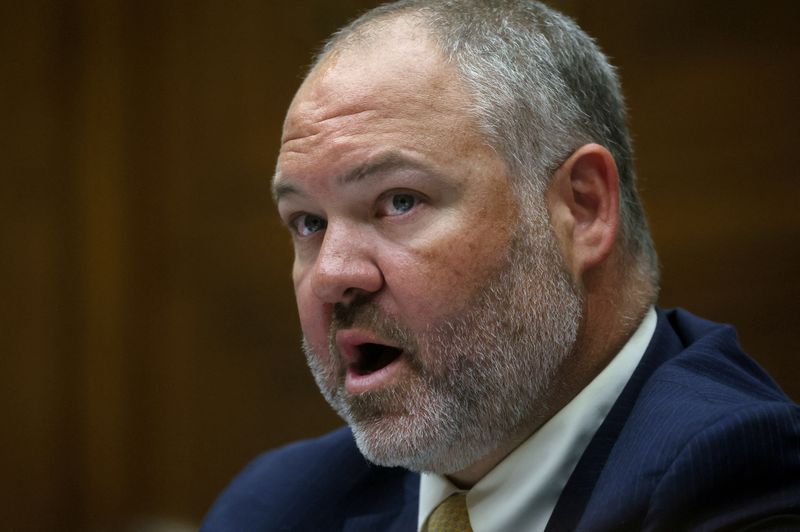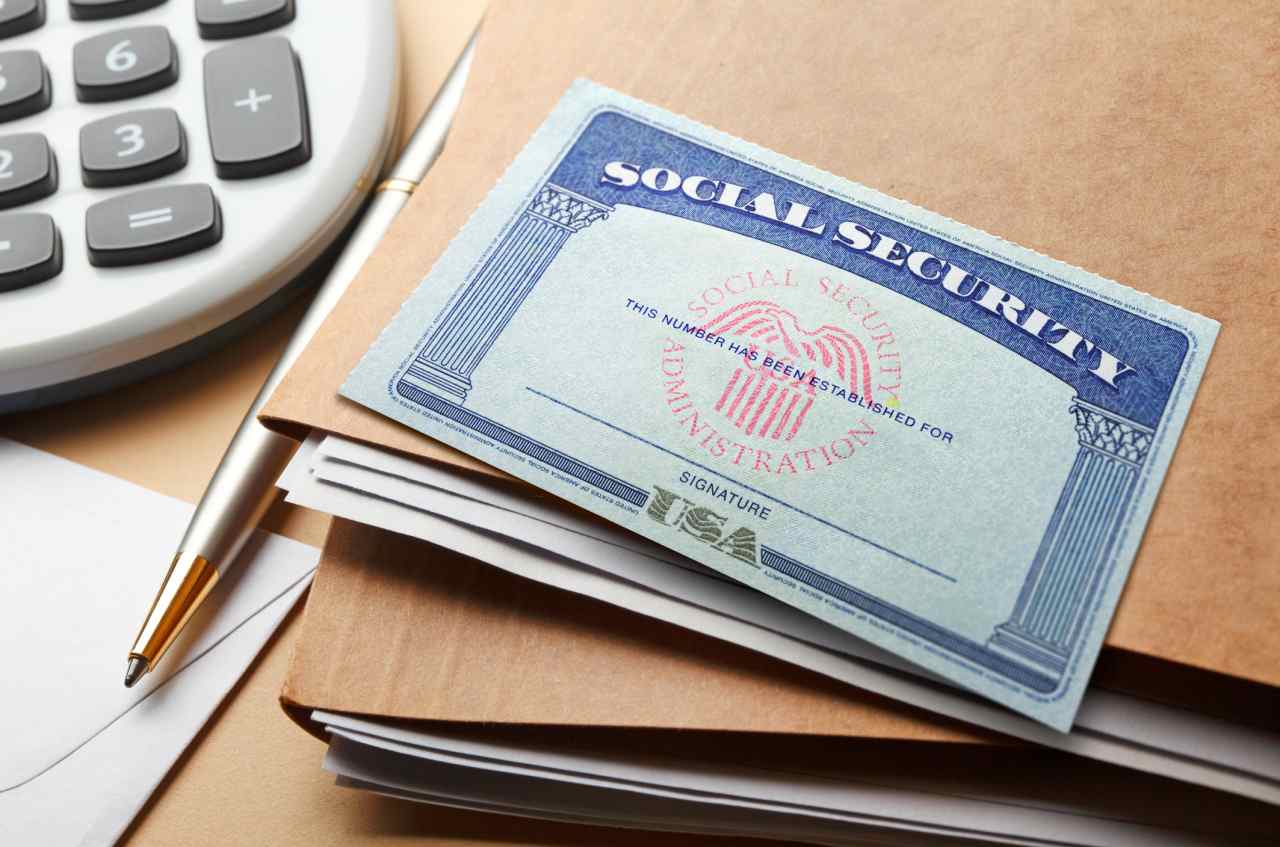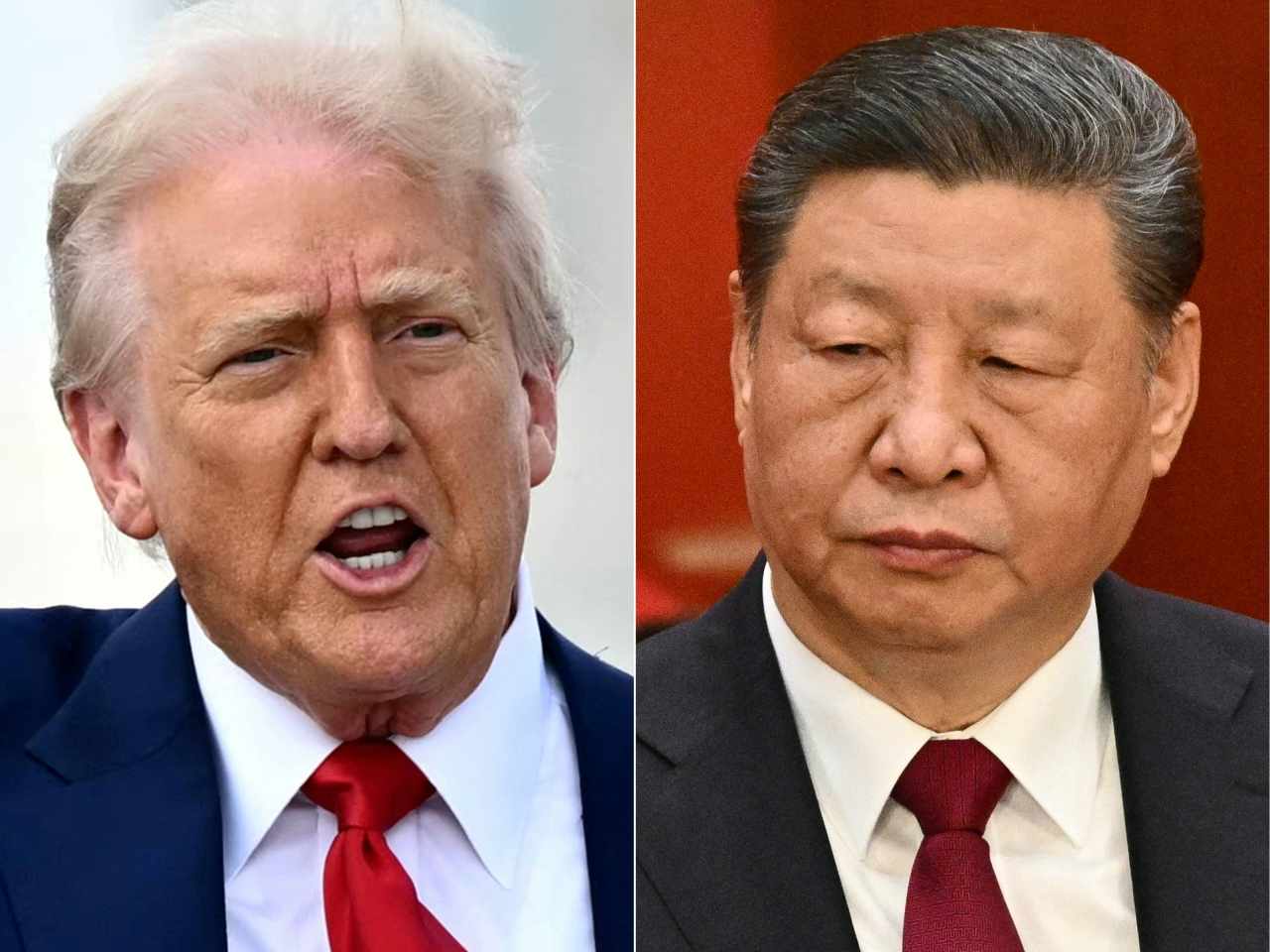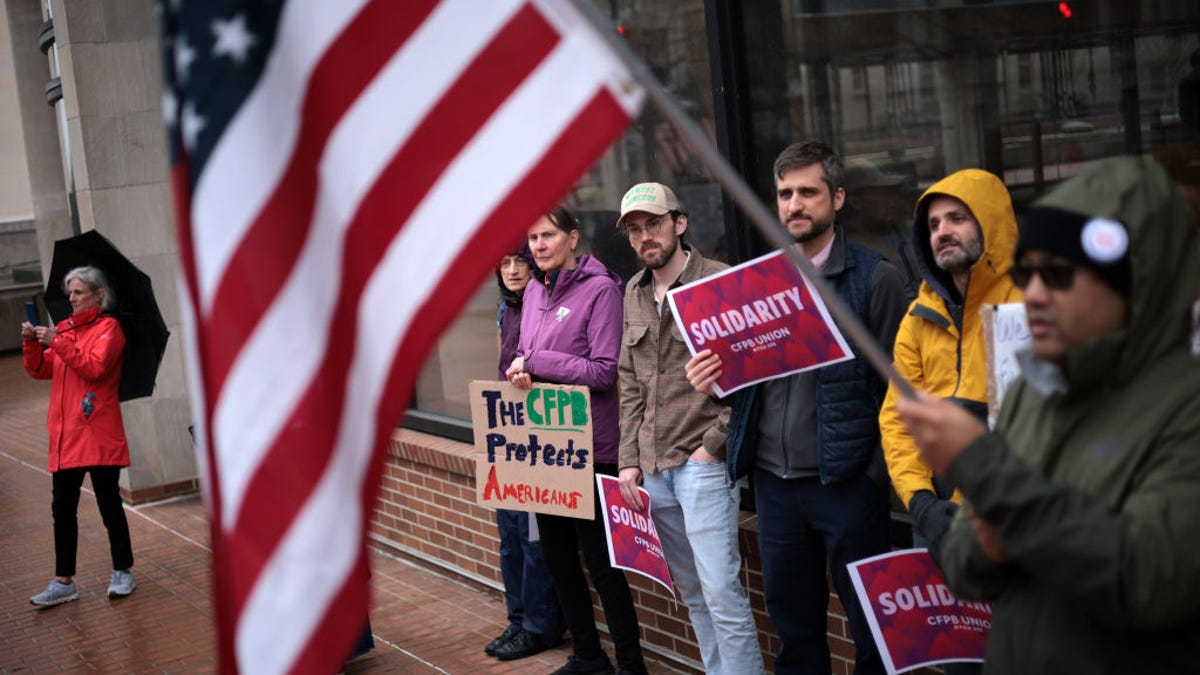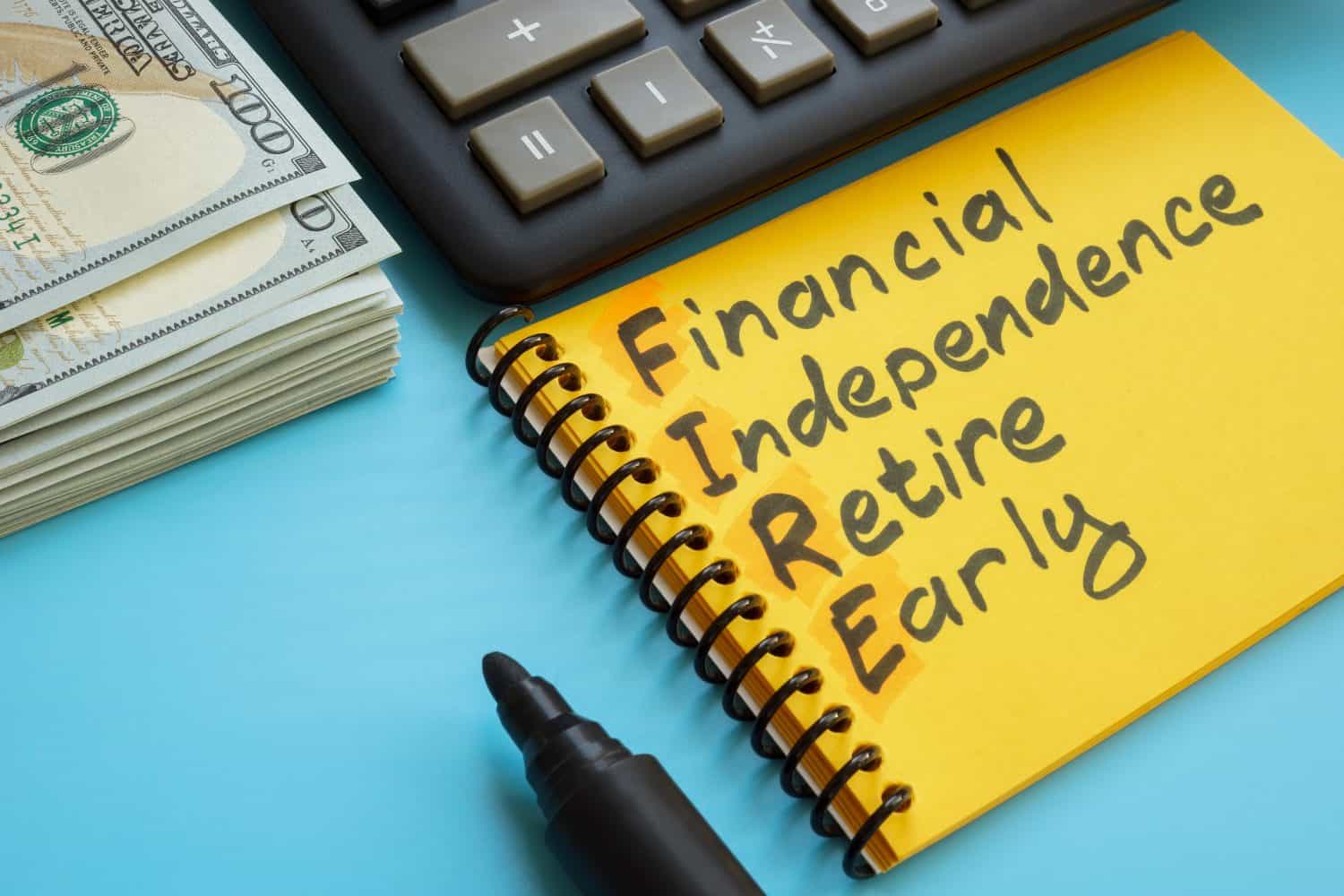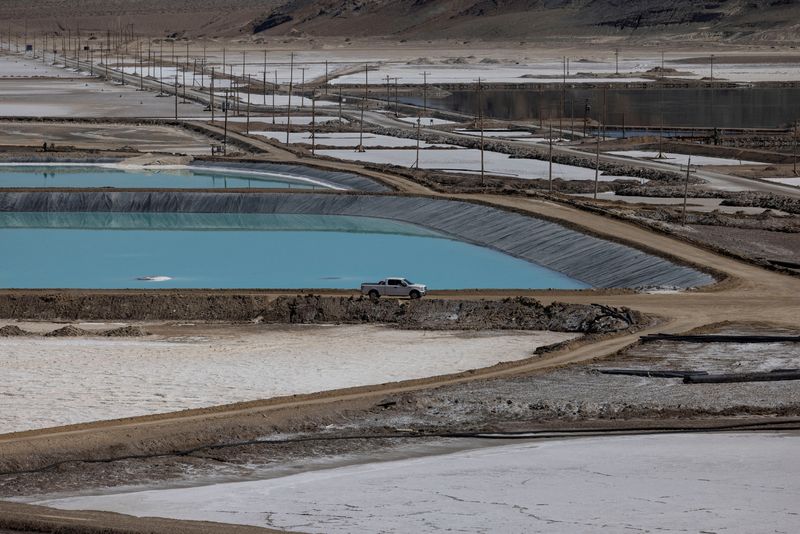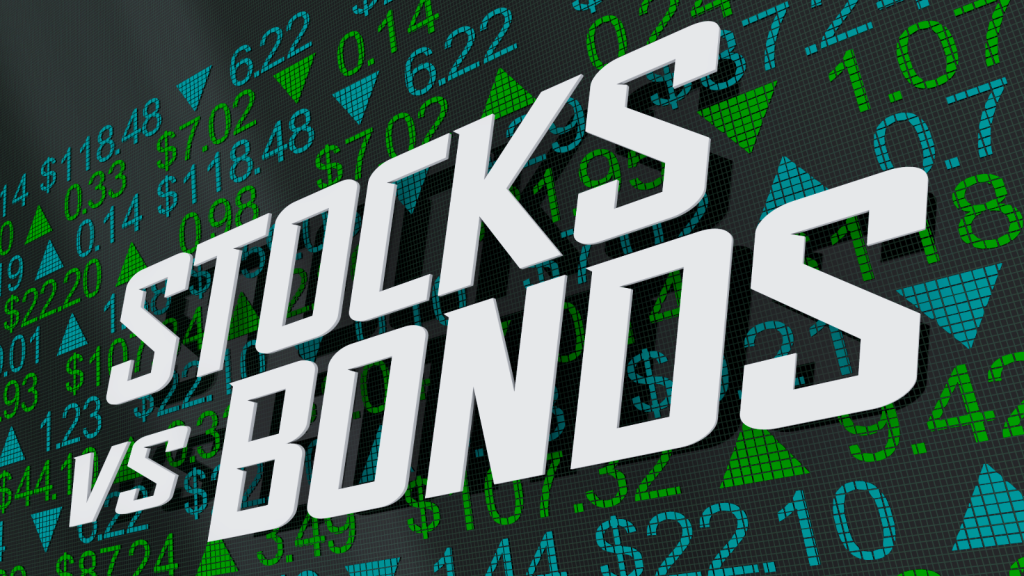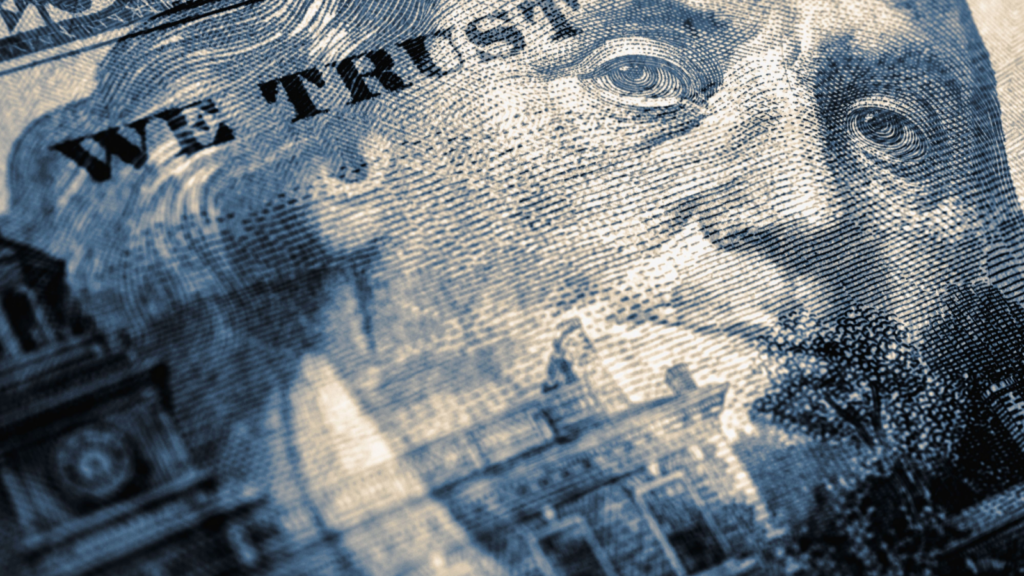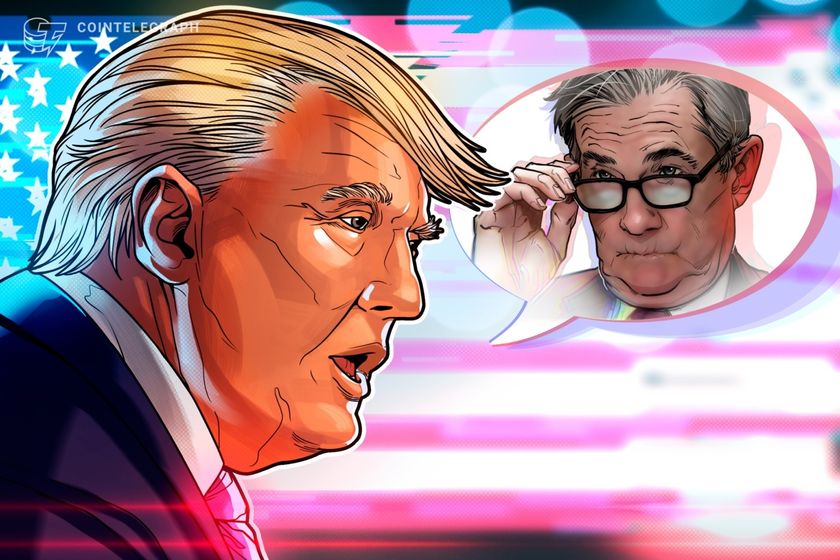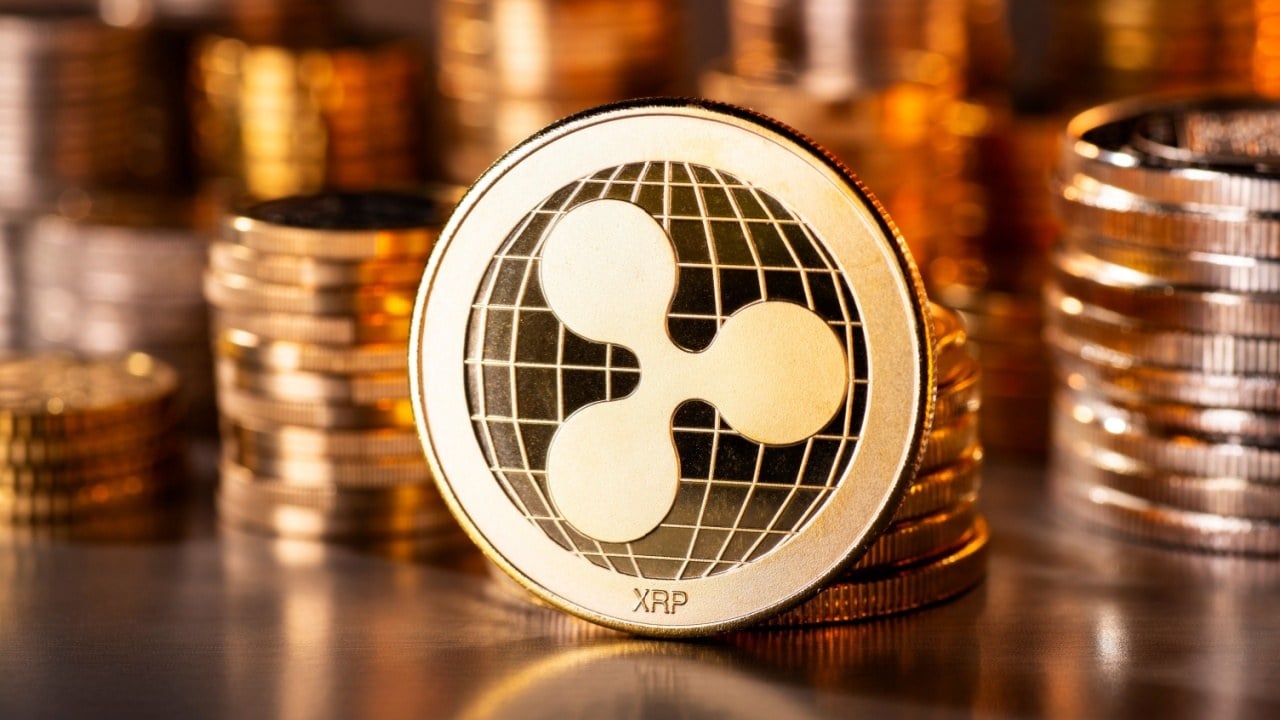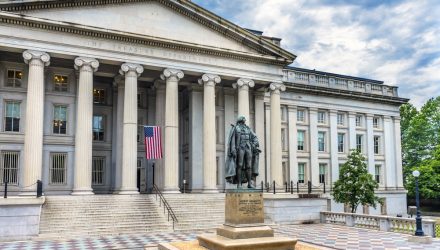Here’s How Trump’s Policies Will Affect the Real Estate Market
The U.S. housing market has not been healthy since the early days of the pandemic, three years into President Donald Trump’s first term. Since that time, pandemic-related inflation has led to higher interest rates, fewer available homes on the market, and fewer housing options for those looking to get into a home of their own. […] The post Here’s How Trump’s Policies Will Affect the Real Estate Market appeared first on 24/7 Wall St..

The U.S. housing market has not been healthy since the early days of the pandemic, three years into President Donald Trump’s first term. Since that time, pandemic-related inflation has led to higher interest rates, fewer available homes on the market, and fewer housing options for those looking to get into a home of their own.
Here, we look at how Trump’s proposed policy changes will likely impact the real estate market.
Key Points
-
Mortgage rates are tied to the 10-year Treasury bond yield, and the Treasury bond yield is tied to how nervous investors feel about presidential policy.
-
4 million Americans are set to retire this year. If you want to join them, click here now to see if you’re behind, or ahead. It only takes a minute. (Sponsor)
-
When new policies lead to a higher inflation rate, mortgage rates and house sales are negatively impacted.
-
The lack of available inventory is a housing problem unlikely to improve anytime soon.
Rates remain high
Looking back at U.S. history, the average mortgage rate has hovered around 7%, approximately where it is today. A bigger problem now is rapidly rising home prices due to a severe lack of inventory. Coupled with still-lingering pandemic-related inflation, buying a home is harder today than it has been for a very long time.
The problem with Trump (or any president) promising voters that he can lower the mortgage rate is that presidents have little to do with rates. It’s the Federal Reserve’s job to maintain economic stability by raising rates when inflation is too high and lowering rates when the economy is sluggish and needs a kick in the pants. No matter who’s in office, the Fed takes its job seriously and will do what it believes to be in the economy’s best interest.
In addition, mortgage rates are based on other factors, including 10-year Treasury bond yield changes. Here’s why: The yield on a U.S. 10-year Treasury bond acts as a benchmark for other long-term borrowing costs. That means when the Treasury bond yield rises, interest rates on everything from mortgages to fixed-income investments and business loans also increase.
Policy concerns
Lawrence Yun is chief economist at the National Association of Realtors (NAR). In an interview with CBS News, Yun said the key question moving forward is whether Trump’s proposals are inflationary or non-inflationary. For example, when a U.S. company accepts goods from a country hit with a tariff, the U.S. company pays the tax and passes that cost on to the consumer. While U.S. companies may decide to manufacture the imported items in their own facilities, even successful ones will take months or years to ramp up production. In the meantime, Americans pay higher prices at the cash register.
Goldman Sachs estimates that tariffs similar to those recently proposed by the president would likely slash S&P 500 Index earnings per share by 2% to 3%.
Driven by concerns that Trump’s policies — including significant tax cuts for businesses, tariffs on U.S. imports, and a crackdown on undocumented immigrants – will drive up inflation, the 10-year Treasury bond yield jumped by more than 14 basis points following his latest presidential win. Whether or not those concerns are valid, rising Treasury bond yields do not spell good news for mortgages or the housing industry.
What about the rest of 2025?
Nostradamus, we are not. However, there’s a great deal of uncertainty surrounding the President’s policies, their impact on the 10-year Treasury bond yield, and whether we’ll see a widening of the federal deficit thanks to proposed changes. Due to this uncertainty, most expect mortgage rates to remain between 6% and 7% for the rest of 2025. According to Yun, there is a risk that mortgage rates could go higher if policy changes prove to be more inflationary than expected.
Given that the real estate market is practically on life support, more inflation could not come at a worse time.
Looking through the presidential lens of history
Whether a president can directly impact the economy is a matter of debate. According to research from the School of Public Policy at Georgia Tech, between 1789 and 2009, the U.S. economy performed its best while Franklin D. Roosevelt, Warren Harding, Rutherford B. Hayes, and William McKinley occupied the Oval Office. The school’s research showed that each of these leaders possessed “soft skills,” like the ability to negotiate and compromise. Other common characteristics included:
- The ability to build and maintain trust in major political and economic institutions.
- A willingness to take charge (and full responsibility) in the face of a crisis.
It’s too early to determine if President Trump will positively impact the economy – particularly housing. However, if he can manage to help millions of Americans get into a home of their own, it can only burnish his reputation.
Why it matters
In 2024, the share of first-time homebuyers dropped to 24%. That is the lowest rate since 1981 when the NAR began tracking the number of first-time buyers. Buying a home and building equity is an essential factor in net worth. Consider this: In 2022, homeowners had a median net worth of $396,200, while renters and other non-homeowners had a net worth of $10,400. A healthy real estate market means more households building net worth.
The post Here’s How Trump’s Policies Will Affect the Real Estate Market appeared first on 24/7 Wall St..




